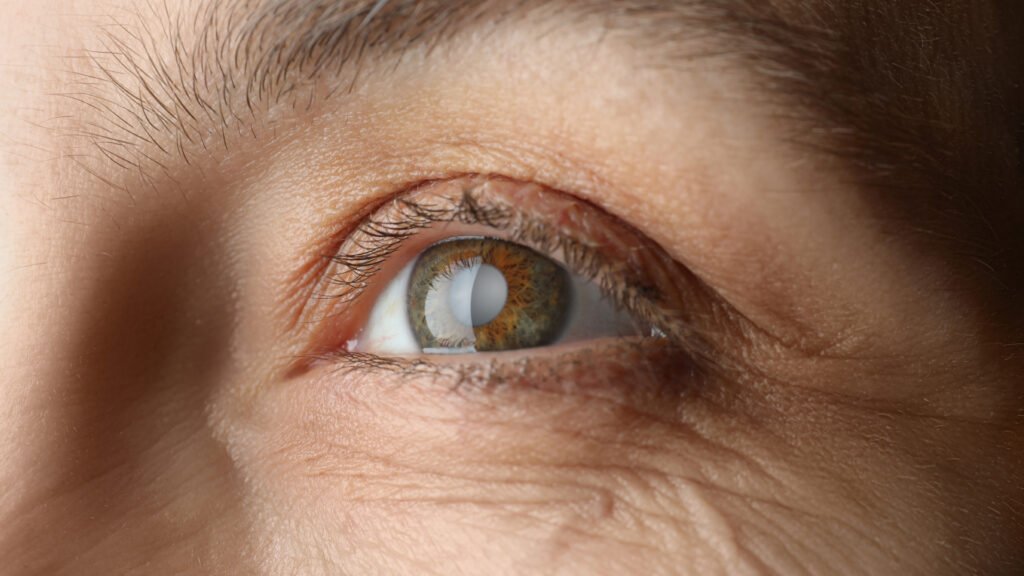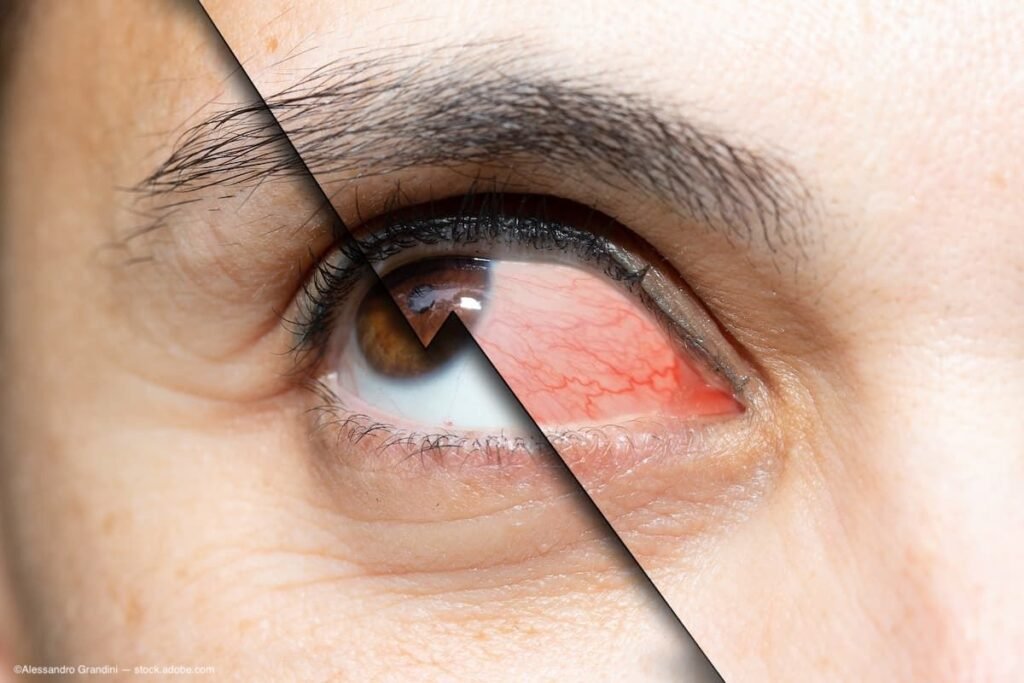Clinical Trial
Share your love
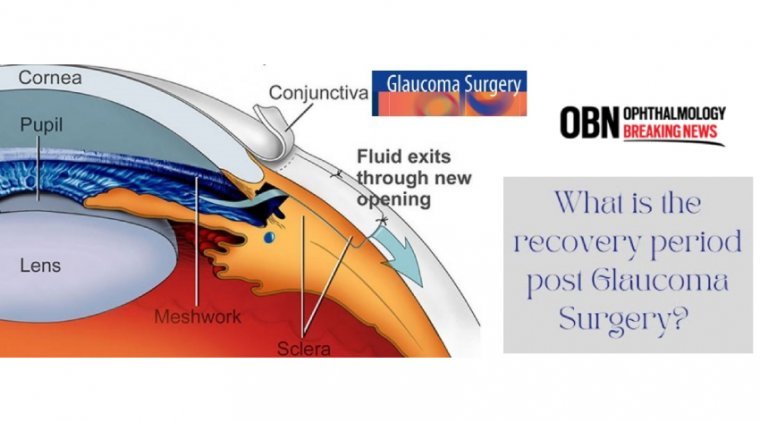
Recovery After Glaucoma Surgery | OBN
Glaucoma surgery is a procedure intended to reduce eye pressure in an effort to help stabilize vision and prevent future vision loss resulting from glaucoma. This is accomplished by creating a new opening for fluid to drain from the eye…
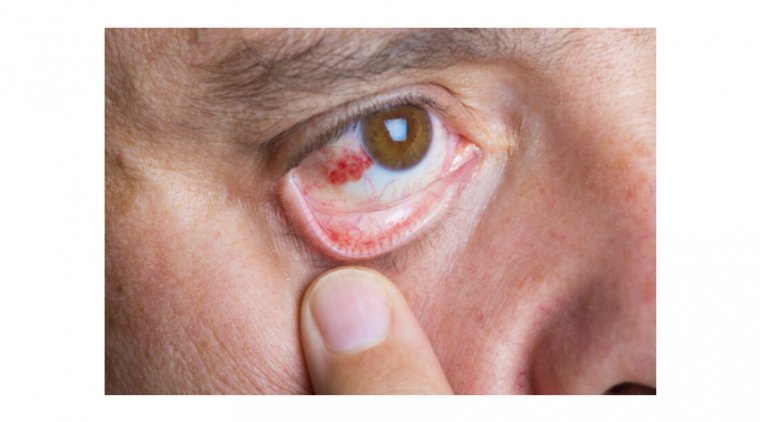
Scleritis: Causes, Symptoms and Treatment
What Is Scleritis? Scleritis is a rare and potentially serious inflammatory eye condition that affects the sclera, the white part of the eye. It is usually accompanied by severe eye pain and can cause vision loss if left untreated. There…
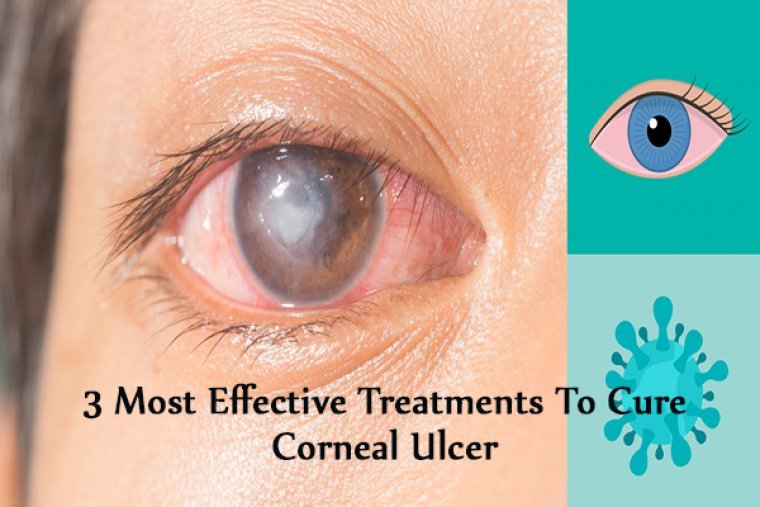
Diagnosis and Treatment of Corneal Ulcers
Corneal ulcers may be caused by infections with bacteria, fungi, viruses, or parasites such as Acanthamoeba (which lives in contaminated water). Ulcers may begin with a corneal injury, such as with severe dry eyes, if a foreign object scratches, penetrates,…
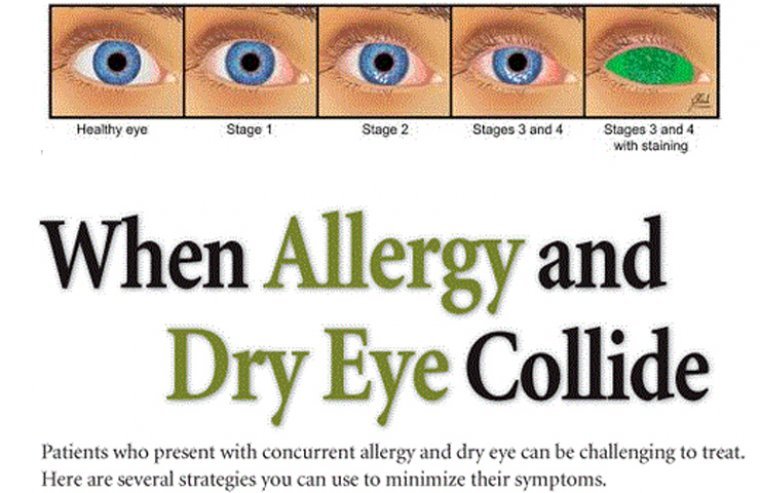
Dry Eye & Ocular Allergy
Ocular allergy is a common clinical disorder that includes dry eye syndrome in its differential diagnosis. While ocular allergy treatments have continued to evolve since the early 1990s when the new prescription topical agents became available, there have been no…
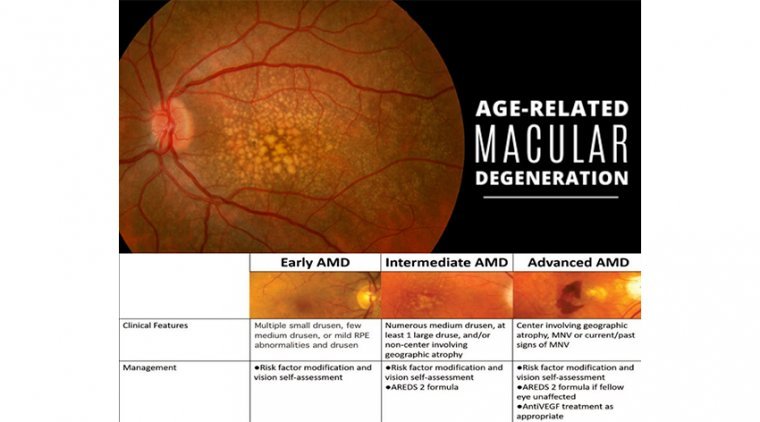
General Stages of AMD & Management
Age-related macular degeneration (AMD) is diagnosed by a comprehensive eye exam and other testing. There are three general stages of AMD, partly based on the size and amount of drusen found under the retina on examination. Early AMD In early…
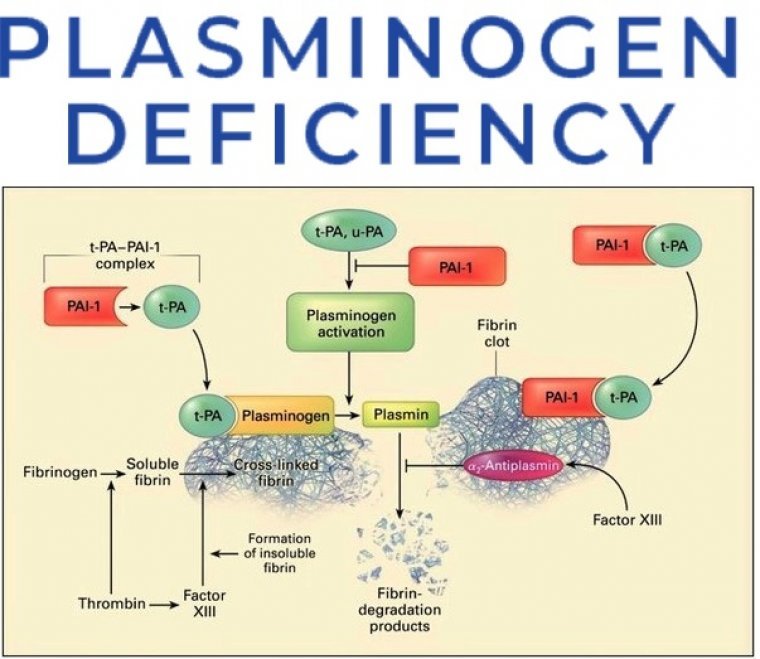
Congenital Plasminogen Deficiency & Blood Ties
Two types of plasminogen deficiency are described in the medical literature. Congenital type 1 plasminogen deficiency is a quantitative disorder with parallel reductions in both the level of immunoreactive and functional plasminogen; type1 plasminogen deficiency is also called hypoplasminogenemia, and…
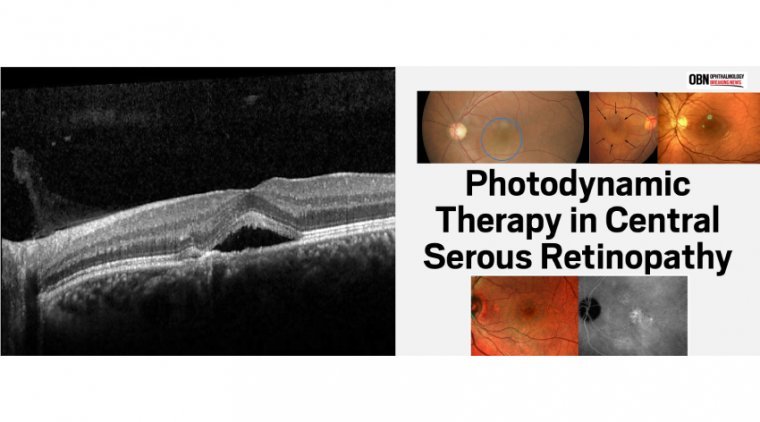
The Role of Photodynamic Therapy in Central Serous Retinopathy
Chronic central serous chorioretinopathy (CSC) is best treated with photodynamic therapy, while a watch and wait approach is a reasonable option for acute disease. CSC is the fourth most common maculopathy after age-related macular degeneration, diabetic macular edema, and retinal…
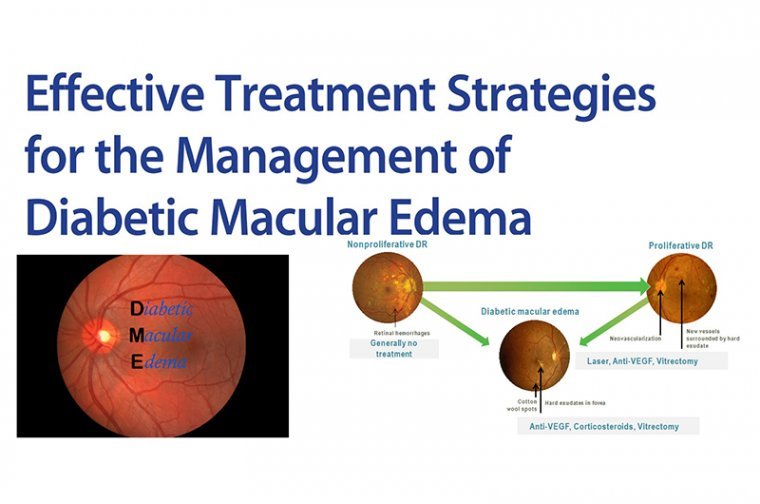
Diabetic Macular Edema & Treatment Strategies
Diabetic macular edema (DME) is the leading cause of blindness in the diabetic population. Although its prevalence varies, the Diabetes Control and Complications Trial (DCCT) reported that 27% of type 1 diabetes (DM1) patients developed macular edema within nine years…
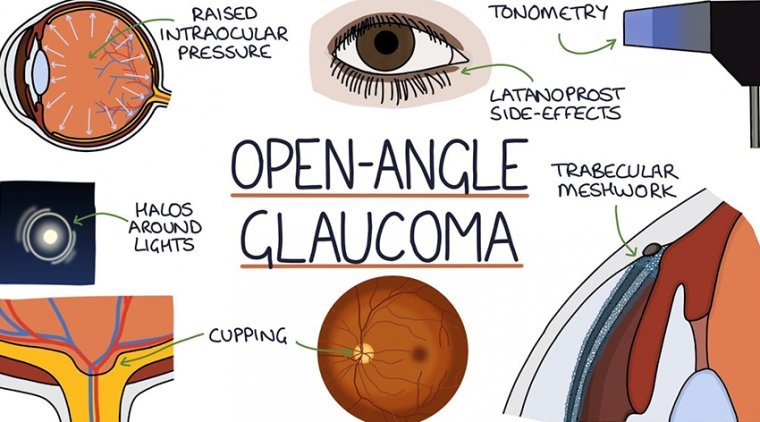
Advancements in Treatment of Open-Angle Glaucoma
Most people who have open-angle glaucoma feel fine and do not notice a change in their vision at first because the initial loss of vision is of side or peripheral vision, and the visual acuity or sharpness of vision is…
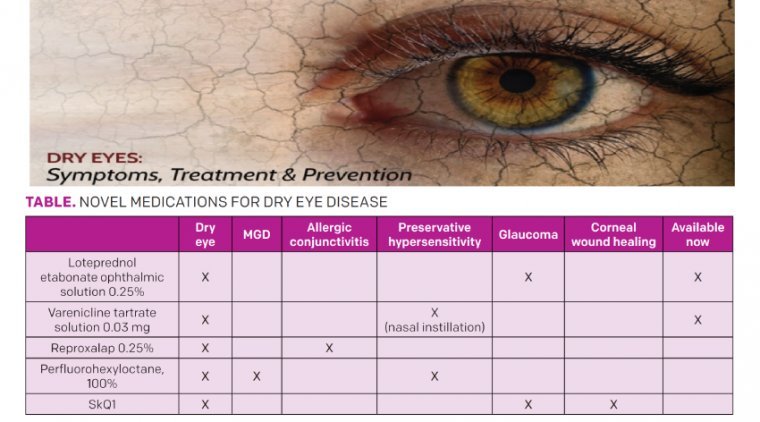
Latest Medications For Dry Eye Disease Treatment
Dry eye disease includes a group of conditions in which the eye does not produce an adequate volume of tears or when the tears are not of the correct consistency. The chance of experiencing dry eye increases with age, affecting approximately…

